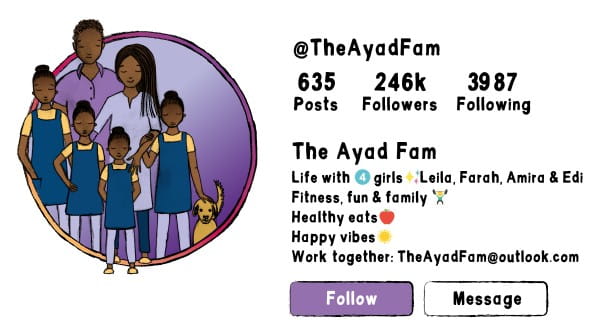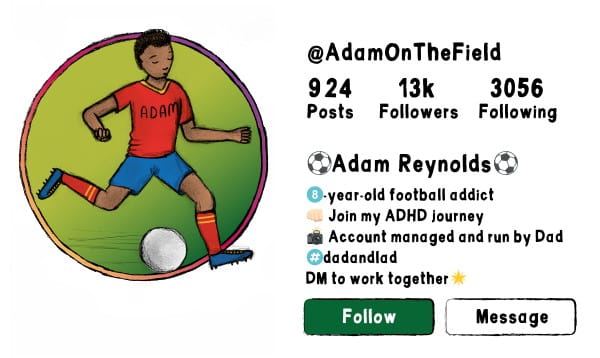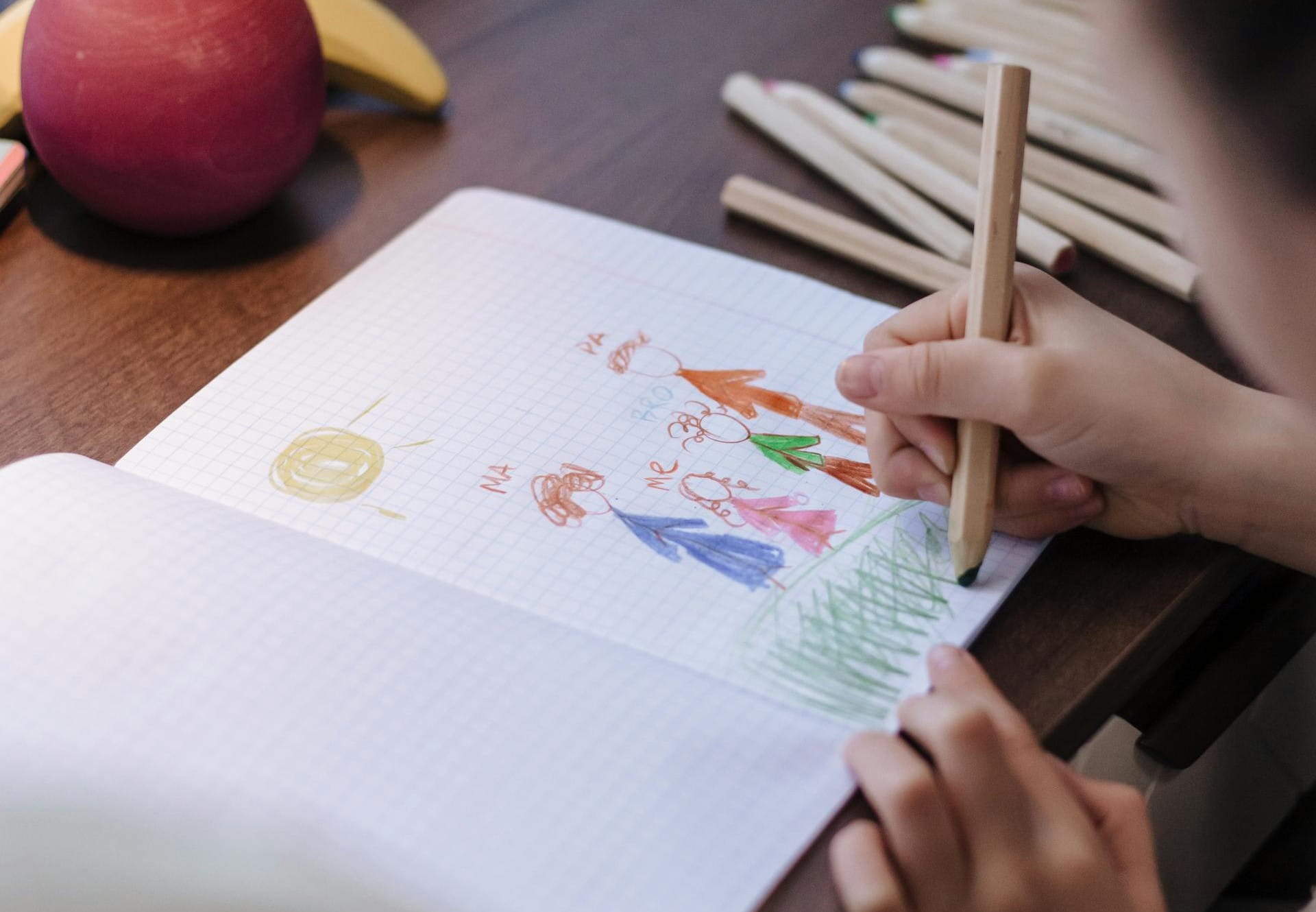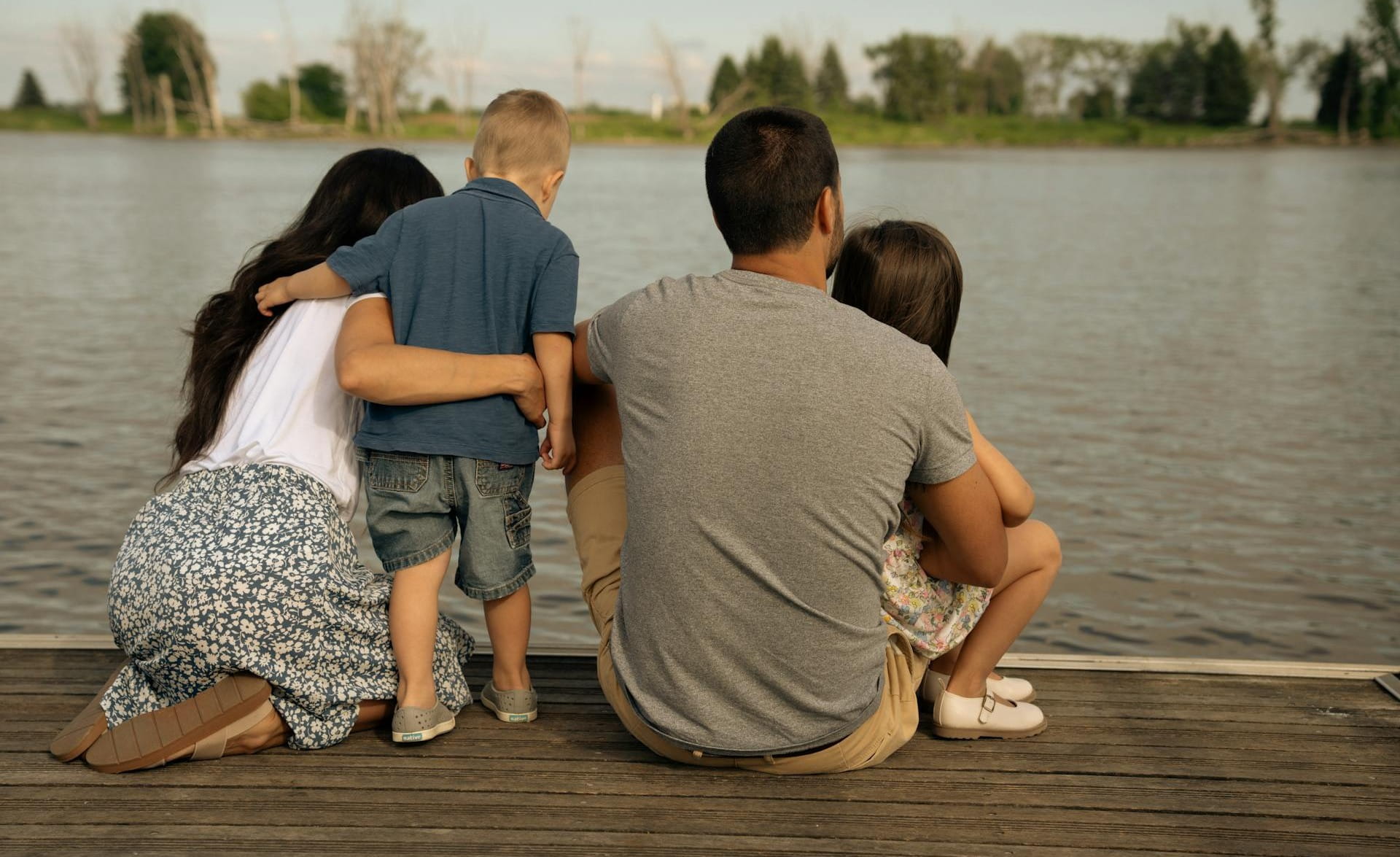Education

Potential educational risks
These questions could be posed as part of your risk assessment practices:
- Could the time commitments of the content performance and production negatively impact on the child's attendance at school?
- Could the time commitments of the content performance and production negatively impact on the child's academic progress, as they may have less time for homework or other extracurricular educational activities?
- Could the appeal/prospects of a career as an influencer negatively impact on the child's appreciation of education and/or academic success?
Time commitments and school attendance

Cole
Cole's mother has been practising a specific dance with him for the past 2 weeks, doing routines every evening and over the weekend, in preparation for a big show that will really help Cole's future career as a performer.
They have been invited to a session with a leading choreographer in Paris but it is on a Thursday afternoon. Cole's mother decides that this is an unmissable moment, even though it means that Cole will have to be absent from school on the Thursday and Friday.

Edi
Edi's family have been offered a sponsorship deal to promote winter sun holidays to the Middle East, in connection with a leading hotel chain and airline. Her parents want to make the most of this amazing opportunity and will take all 4 girls out of school in November for 10 days, explaining that the family will benefit from experiences that you cannot find in a schoolbook.
Risk management
Child performers in other industries would generally need to apply for a performance licence for such activities, which would mean that the local authority would have an understanding of any potential impact on the child's attendance at school. While this is not required for social media performances, similar practices could be implemented by brands and agencies, building this commitment to the child's education into contracts that require child performances.
Similarly, best practice would encourage parents to work with the school to discuss external obligations in the context of the child's attendance at school (and ways to catch up with schoolwork remotely), which should improve the working relationship between parents and schools.
While other opportunities for practical and global interactions are proven to be beneficial to children, studies show that even short-term impacts on school attendance can severely impact the long-term educational development of the child negatively. Again, collaborative approaches would mean that brands are aware of such potential negative impacts on the child, and are prepared to work with parents and schools to ensure that this is well managed.
Travel opportunities can be hugely beneficial for children and families in terms of bonding, development, and learning, but these opportunities would be best placed within school holidays in order to minimise the impact on academic education. While brands might find it cheaper to send families on holidays in term time, this is probably not in the best interest of the child long-term, and should be considered from that perspective.
Impact on academic progress

Cole
Cole's mother has been practising a specific dance with him for the past 2 weeks, doing routines every evening and over the weekend in preparation for a big show that will really help Cole's future career as a performer.
As a result of these rehearsals, Cole has had to rush his homework in the evenings and has been told off by the teacher for not finishing things properly. He has also been tired at school.

Adam
Adam has been going to football practice or training most evenings, in addition to his content creation commitments. At weekends he usually has training on Saturday and a match on Sunday, and in his spare time he plays FIFA on his X-box, which his dad sometimes live streams.
Adam has recently been undergoing tests for ADHD and finds it hard to concentrate on his schoolwork at times.
Risk management
Again, performance legislation for children in traditional media formats and/or stage performers would include rehearsals and preparations such as costume preparation etc. within the child's working hours. Children performing for social media content may spend lots of time in learning lines, practicing routines, propping and dressing activities etc. While this can be fun and valuable time engaging in family activities, it could potentially impact on time needed for their academic development.
Research identifies that, in order to become a successful influencer, a lot of time is invested in producing quality content on a regular basis and that this labour often does not have any immediate recognisable economic gain. The time taken to prepare and practice should therefore be considered when planning and preparing for all content (branded or not), as the child may have homework or other education-related activities that might be needed to support their academic progress.
Children with special educational needs and disabilities will also need their own adjustments in terms of ongoing academic support outside school hours. Again, working with schools and early years providers, and increasing the dialogue between all parties, will be very beneficial for the child in these instances.
Influencer marketing can be a full-time occupation for adults working in this industry, so it is important not to have similar working hour expectations for children, who have other external time pressures from school etc.
Brands should be aware that the child may not be working solely with them and multi-brand opportunities could increase potential workloads for child performers. Brands should work with parents to have a holistic view of the child's overall brand commitments and manage this workload in accordance with the child's educational needs.
Appreciation of academic success

Cole
Cole is currently in an all-boys school but has been getting teased and bullied by other children because of his artistic personality and his online dance reels.
Now that Cole has an opportunity to become part of the 'online talent collective' within a global entertainment company, his parents are considering whether to home-school Cole, which would address the bullying issues and give them the flexibility to send Cole to extra dance classes and honour the contract commitments for his content.

Edi
Edi's family account activities are so popular that both of Edi's parents have given up their jobs and rely solely on the income generated by the family content.
Edi and her sisters have heard their parents say that university is a 'waste of time' and that they have made more through their content than they ever would have in their old jobs.
Risk management
While home-schooling can seem like an attractive option to support the flexibility needed for influencer lifestyles (and resolve school issues), it should ideally be seen as a last option. Research indicates that the child could miss out on the wider opportunities and support systems that mainstream education can provide.
If there are problems with the child's educational experiences, it is recommended to work through these with their education provider wherever possible, as there will be steps and measures that can be put in place to work with children and families.
Again, schools and local authorities have experiences of supporting child performers in a variety of traditional formats, such as stage and screen, so this could be something that parents and brands investigate further when considering the child's ongoing educational needs.
Influencers can earn money without having academic credentials or degree status, making it seem like an accessible industry that does not rely upon academic success. While this can be the case for successful influencers with large followings, it is important to understand that this income is quite fragile in nature and relatively short-term, especially in the context of child performers.
The longer-term educational needs of the child should be primary consideration for parents and brands, as academic successes should provide the child with evidence of valuable transferable skills for a range of future career paths.
© Copyright University of Essex 2025

Financial





